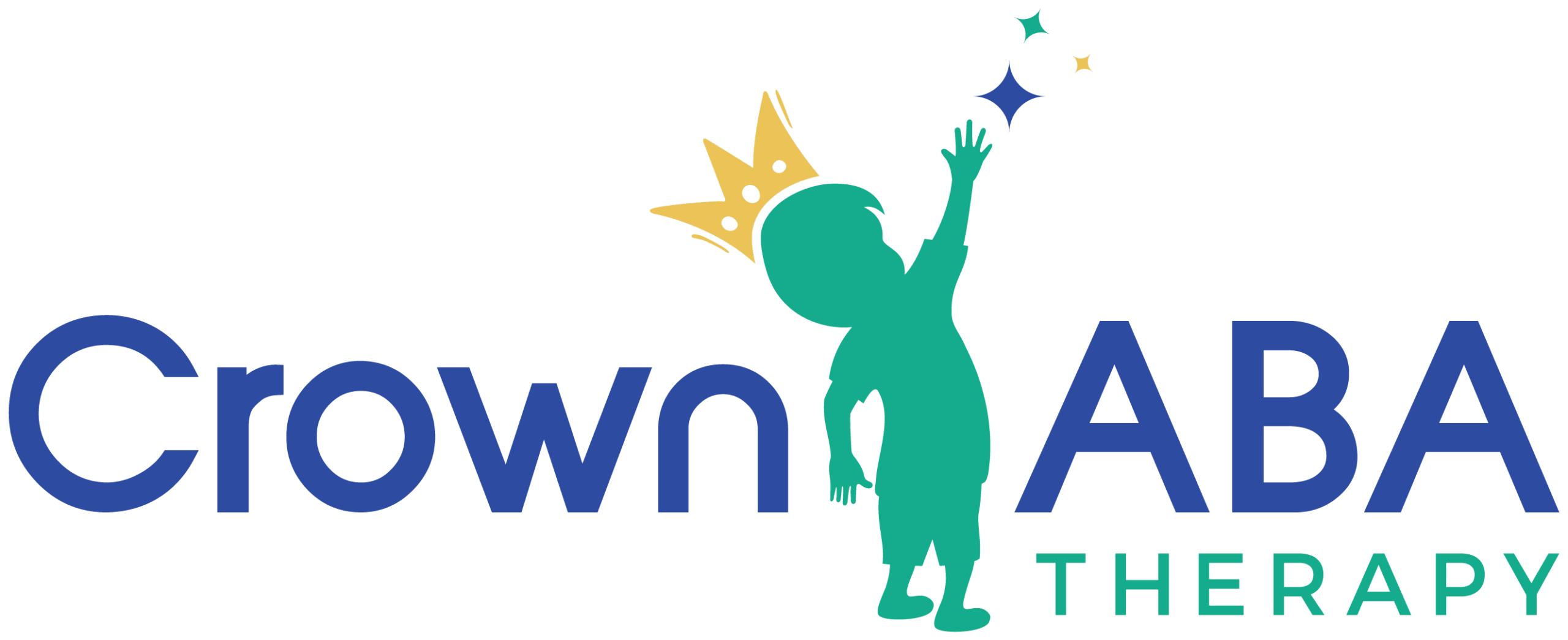Key Points:
- Certain supplements and vitamins may help support mood, behavior, sleep, and focus in individuals with autism spectrum disorder (ASD).
- ASD vitamins include nutrients like omega-3s, magnesium, and vitamin D, which are often found to be low in autistic individuals.
- Supplementation should be personalized and used alongside therapies such as ABA to enhance overall outcomes for children with ASD.
When navigating an autism diagnosis, many parents seek out safe, evidence-informed ways to support their child’s development. Beyond therapy and behavioral strategies, nutrition often comes up as an area worth exploring. Specifically, ASD vitamins and supplements have gained attention for their potential role in addressing nutrient deficiencies that may contribute to some common challenges seen in autism, such as difficulty with sleep, anxiety, and communication.
Can Supplements Help with Autism Symptoms?
Yes. Some vitamins and supplements have been shown to support brain development, emotional regulation, and sensory processing in individuals with autism when used appropriately.
What Are the Most Helpful Supplements for Autism?
Many people with ASD experience nutrient absorption issues, food sensitivities, or limited diets due to sensory aversions, which can lead to deficiencies. Thankfully, a growing body of research and anecdotal evidence points to specific nutrients that may positively impact autistic individuals.
Here’s a breakdown of some of the most beneficial ASD vitamins and supplements, with insight into how they support brain and body health.
1. Omega-3 Fatty Acids (EPA and DHA)
Omega-3s are essential fats that support brain function and reduce inflammation. These are often lacking in the diets of individuals with autism.
Omega-3s matter because studies suggest they can enhance social interaction, reduce hyperactivity, and boost attention in children with ASD. Common sources include fish oil and vegan-friendly algal oil—choose high-purity, third-party tested supplements for the best quality.
2. Vitamin D
Low vitamin D levels are common in children with autism and may be linked to more severe symptoms.
Vitamin D is important for mood regulation, immune health, and brain development. Supplementing it may improve behavioral symptoms. Dosage should be tailored to blood test results, as excessive intake can be toxic—always consult a healthcare professional before starting.
3. Magnesium
Magnesium supports nerve function, sleep, and muscle control. It also has calming properties, making it useful for managing anxiety and restlessness.
Magnesium plays a key role in easing sensory overload, irritability, and sleep problems, especially when paired with vitamin B6. For best results, choose highly absorbable and gentle forms like magnesium glycinate or magnesium citrate.
4. Vitamin B6
Often paired with magnesium, B6 is involved in neurotransmitter function and energy production.
Some studies suggest that B6 with magnesium may enhance communication and reduce repetitive behaviors in children with autism. However, high doses of B6 taken long-term can lead to nerve damage, so it’s important to follow professional dosing guidance carefully.
5. Probiotics
Gut health is closely linked to behavior, mood, and immunity. Many autistic individuals experience gastrointestinal (GI) challenges.
A balanced gut microbiome plays a key role in behavior regulation, digestion, and lowering anxiety. For best results, select probiotic strains researched in children and opt for dairy-free options if sensitivities exist. To understand how antipsychotics can further support autism treatment and improve daily functioning, read our article, “Learn How Antipsychotics Aid in Autism Treatment and Daily Function.”
 Are Multivitamins a Good Option for Autism?
Are Multivitamins a Good Option for Autism?
Multivitamins can help cover general nutritional gaps, especially in picky eaters. However, not all multivitamins are created equal. Some contain fillers, artificial colors, or imbalanced dosages that may not be ideal for children with ASD.
Here’s what to look for to ensure your child receives balanced support without unnecessary additives.
- Free from artificial dyes, preservatives, and allergens (like gluten or dairy)
- Designed for children or individuals with sensory issues (e.g., liquid or gummy forms)
- Verified for ingredient accuracy by third-party testing
A tailored approach is usually better than relying on a one-size-fits-all product. If possible, work with a registered dietitian or healthcare provider familiar with ASD nutrition.
What Should You Avoid When Choosing ASD Vitamins?
Not all supplements are beneficial, and some may even be harmful if taken in excess or combined improperly. With a growing market for “autism-friendly” products, it’s easy to get overwhelmed.
To help protect your child’s health, here are important safety considerations when introducing new ASD vitamins and supplements.
- Contain megadoses beyond recommended daily intakes unless prescribed
- Make claims to “cure” autism — no supplement cures ASD
- Include artificial sweeteners, colors, or allergens if your child is sensitive
Introduce one supplement at a time and monitor for any changes. This makes it easier to identify what’s working and what isn’t. Keep track of behaviors, sleep, digestion, and mood in a journal or app.
Can Supplements Replace Therapy for Autism?
Supplements can support brain and body health, but they are not a substitute for structured therapy. The best results often come from combining nutritional support with proven interventions like Applied Behavior Analysis (ABA).
ABA therapy focuses on teaching skills in communication, social interaction, and adaptive behavior, which supplements alone cannot address. However, when a child’s body is functioning better—sleeping more soundly, managing anxiety, and digesting food properly—they may engage more fully in therapy sessions.
Supplements can help prepare the foundation. ABA builds on it with tools and techniques that bring out your child’s full potential.
Supporting Your Child Beyond Supplements: Try ABA Therapy
While ASD vitamins and supplements can provide valuable support, they work best when paired with therapies designed to develop lasting skills. At Crown ABA, we specialize in evidence-based, compassionate ABA therapy in Maryland that helps children with autism gain independence, communication skills, and emotional regulation.
Our team works closely with families to create personalized therapy plans that are engaging and goal-focused. We believe every child has the potential to grow — and we’re here to help make that growth possible through structured, one-on-one support.
Interested in how ABA therapy can benefit your child? Reach out to us today and take the next step in your family’s autism journey with expert ABA therapy in Maryland.





